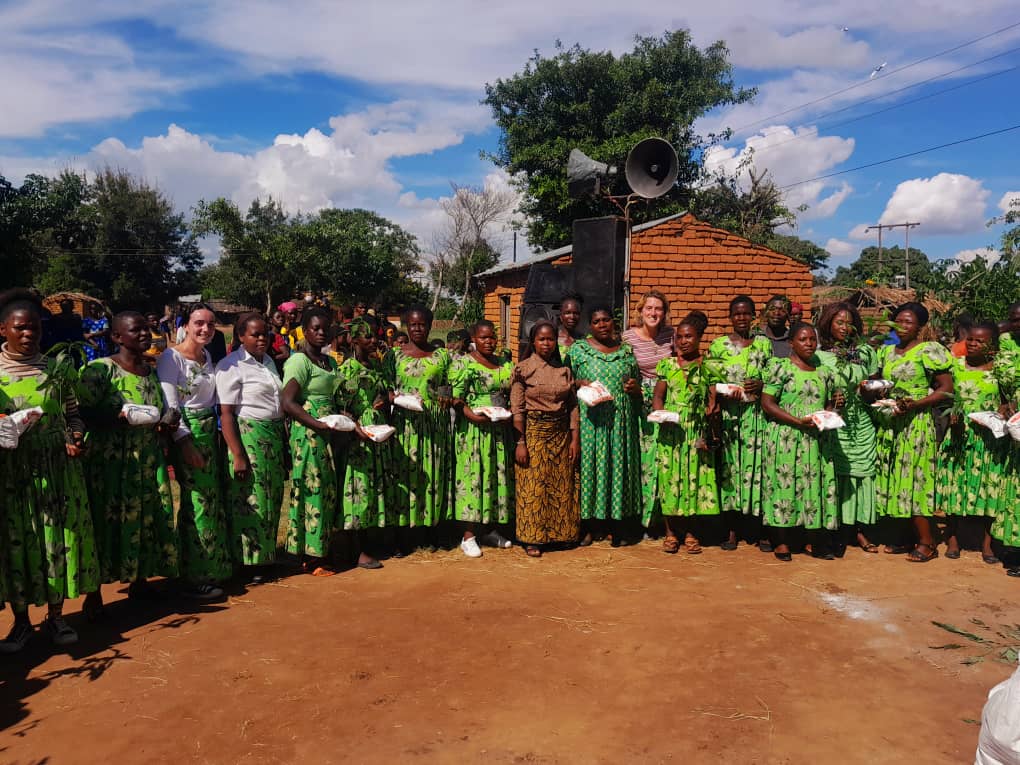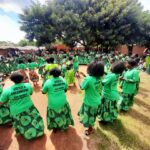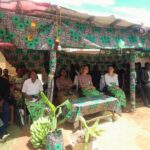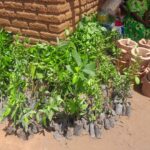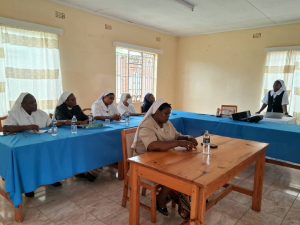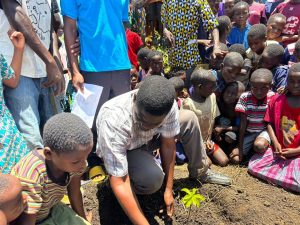Sisters of Sustainability: Carmelite Missionaries Sisters Empower Women Through Environment Conservation
In Mchinji District. Traditional Authority (T/A) Kapondo, the Carmelite Missionaries Sisters from Our Lady of Mount Carmel Parish (Kapiri), are transforming lives through their Eco Women project. This initiative focuses on merging environmental conservation with women’s empowerment, offering skills and hope to rural communities in the Archdiocese of Lilongwe.
Since its launch, the Eco Women project has helped women combat deforestation, soil erosion, and others while fostering economic independence. Women learn tree planting, organic farming, pig farming, and waste management. Additionally, literacy classes teach reading, writing, and numeracy—skills many participants never had before.
Starting with literacy, women advance to vocational training in tailoring, embroidery, and sewing. These skills have sparked micro-enterprises like tailoring business and cooperatives. “We don’t just teach—we walk with them until they can stand on their own,” said Sister Modester Nkhata, the project director.
Group Village Head Bauti praised the program’s success, noting improved incomes, restored lands, and different developments in his area. “Women now run tree nurseries and vegetable farms, bringing dignity and resilience to their communities”
The journey hasn’t been without barriers. Cultural taboos, such as husbands fearing women’s gatherings, still limit participation. The sisters address this through community dialogues, gradually winning support. “When fathers see their children benefiting, mindsets change,” Sister Modester explained.
The Eco Women project has become a lifeline for participants, enabling them to support their families and communities. “I now earn enough to pay my daughter’s school fees,” shared a proud tailor. Around her, seedlings awaited planting—symbols of a greener, more equitable future.
As Sister Modester aptly put it, “When you empower a woman, you nourish a family, protect the Earth, and transform a nation.”
By Titus Jata Phiri

